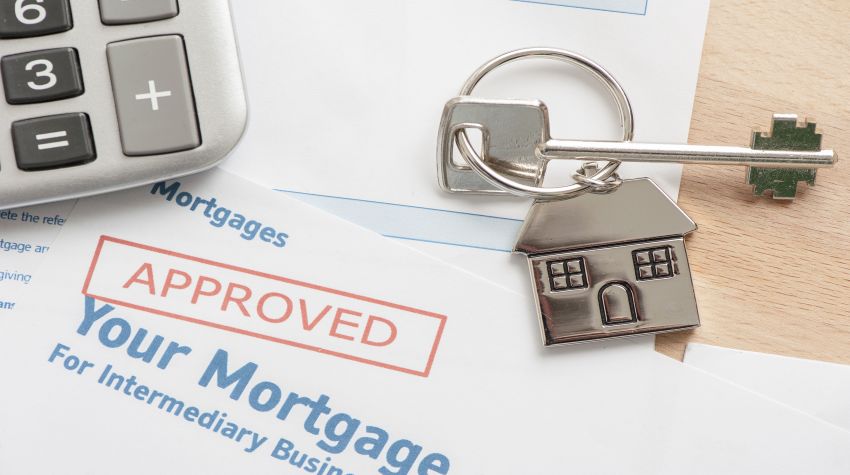So, you’ve found the perfect home, you put in an offer and it’s accepted—with the condition of financing, of course. Now it’s time to seal the deal and this boils down to money. So you call your lender to finalize the mortgage. That’s when you’re going to get hit with a list of paperwork that’s required for your application. Below is a list of paperwork that you may need to complete your mortgage application:
Personal information: Age, marital status, number, and age of kids.
Employment details: This includes proof of income (such as T4 slips, copies of your last two paystubs, personal income tax returns, Notice of Assessments from CRA for the last two tax filing years, and a letter from your company stating your position, length of employment and salary).
If self-employed you’ll need to provide: Incorporation documents, if applicable, as well as financial statements for the corporation for the last two to three tax years. You’ll also be required to submit full personal tax returns as well as CRA Notice of Assessments for both the corporation, as well for you personally. The lender may also ask to see portions of your books, such as your General Ledger or Profit & Loss statements. Talk to your accountant or bookkeeper for these reports.
Other sources of income: Typically this is a statement on your part, but the lender could ask for back-up documentation. Other income can include pension, rental income, part-time work, etc. You’ll probably be asked for copies of your tax returns, or copies of paystubs or rental income documentation.
If you already own property: A copy of the mortgage statement on your current property and a copy of last year’s property tax statement and, perhaps, this year’s up-to-date property tax statement.
Current banking information: Including bank, branch, accounts, and balances.
Verification of your down payment: This can be a snapshot of a bank account where the money is currently deposited, or a letter from a family member stating that the money is a loan or gift.
Consent to run a credit history search: Every lender will either verbally ask for permission (and then obtain your Social Insurance Number) or ask you to sign an authorization form allowing them to pull your credit history.
List of debts (otherwise known as liabilities): This is where people sometimes opt to exclude a few items owed, but you need to resist this urge. Your credit history will show all outstanding money owed, so be upfront and honest. Provide a list of what is owed, to whom you owe it to and what monthly payments, if any, you put towards paying down the debt. The list should include student loans, credit card balances, car loans, monthly lease (or lease-to-own) arrangements and personal loans.
Copy of the listing: You will need to print off a copy of the listing and include this in your mortgage documentation package.
Copy of purchase document: You will need a copy of the document you signed to buy the home. Known as the Agreement to Purchase and Sale, it’s the document that states the address, what’s included/excluded and the price, deposit, and down-payment you agreed to.
Condo documentation: If you’re buying a condo or strata-townhome, you’ll also need to include the condo corporation’s financial statements and status certificates.
Rural property: You’ll need to include the certificate for the well and/or septic tank if you’re property isn’t on municipal water and sewer.
If you want to reduce your stress during the financing phase of your home purchase, and you don’t want to or can’t submit all this information prior to finding a property then consider gathering up all this documentation ahead of time. Just having all the documentation at the ready will reduce your workload and free you up to concentrate on last-minute requests.

